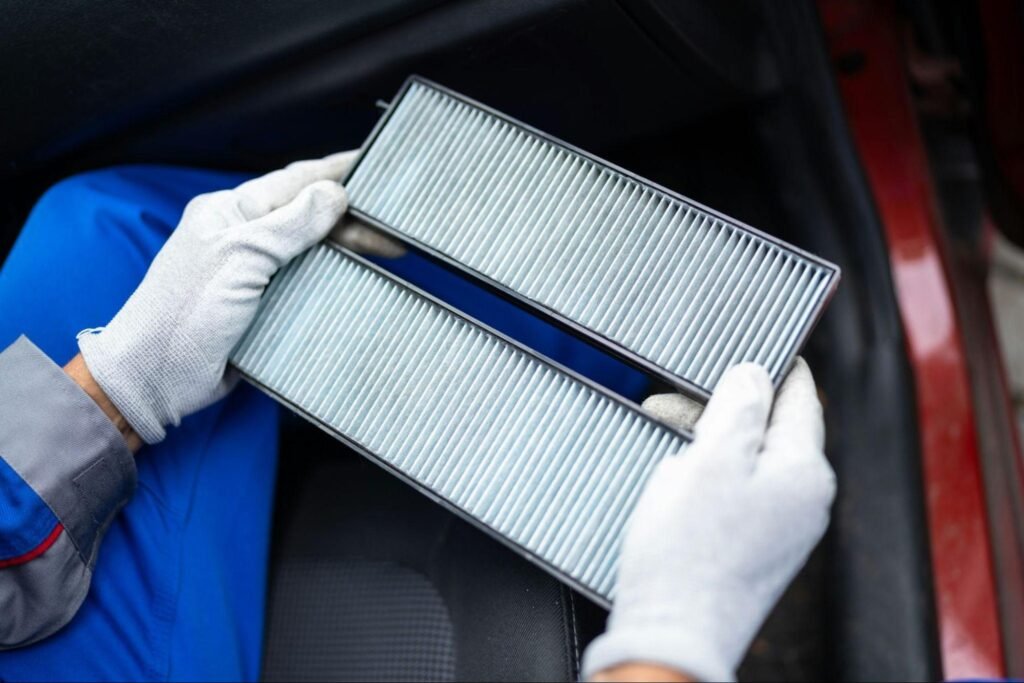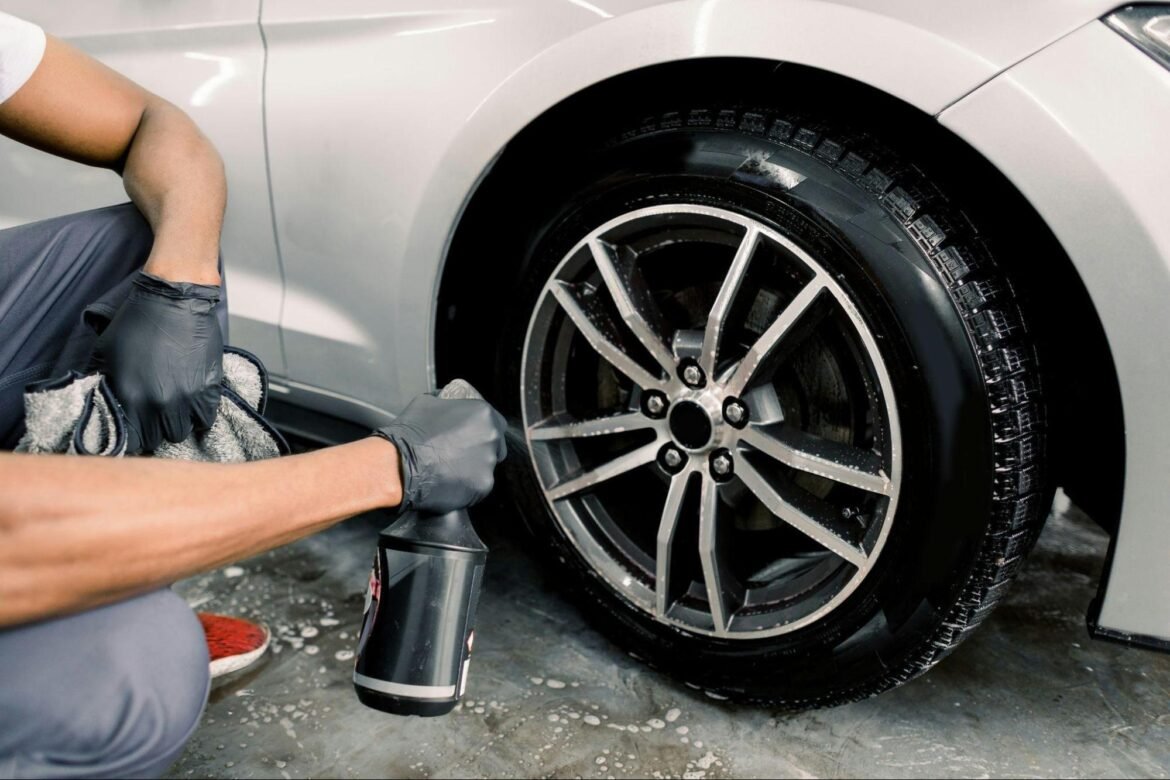Car ownership can be as rewarding as it is demanding. Beyond the freedom of the open road, there’s the reality of ongoing maintenance. For many, it’s tempting to delay small fixes or skip routine checks, but those habits often lead to bigger, more expensive problems down the line. Investing a little time and effort into simple upkeep doesn’t just keep your vehicle running smoothly, it saves you money, frustration, and even enhances safety. Resources like My Garage Supplies make it easier than ever to understand what to prioritize and how to care for your car effectively.
Let’s explore the everyday car maintenance tips that deliver real value, stretching the life of your vehicle and keeping more money in your pocket.
Why Preventive Maintenance Always Wins
It’s easy to think of maintenance as optional until something breaks. But much like visiting the doctor for a checkup, preventive care for your car helps avoid costly emergencies. According to the U.S. Department of Energy, proper vehicle maintenance can improve fuel efficiency by up to 40%. That means better mileage, fewer fill-ups, and savings that add up over the life of your car.
Ignoring the basics, like oil changes, tire rotations, and fluid checks, doesn’t just shorten your car’s lifespan, it risks turning minor issues into major repair bills.
The Basics That Protect Your Budget
Regular Oil Changes
Motor oil keeps your engine lubricated and prevents overheating. Skipping oil changes is one of the fastest ways to damage an engine, and replacing an engine can cost thousands. Following the manufacturer’s oil change schedule, usually every 5,000–7,500 miles, is a small investment that pays off in longevity and performance.
Tire Care and Pressure Checks
Your tires connect your car to the road. Poorly maintained tires don’t just wear out faster; they can hurt fuel economy and compromise safety. Checking tire pressure monthly and rotating tires every 6,000–8,000 miles prevents uneven wear. A quick look at tread depth with a coin test can also help you avoid dangerous blowouts.
Brake Inspections
Brakes are your car’s most critical safety system. Listen for squeaks, grinding, or longer stopping distances, all signs your brake pads may need attention. Replacing pads early costs far less than repairing damaged rotors, and it ensures you’re able to stop when you need to most.
Fluid Top-Ups
From transmission fluid to coolant, each plays a vital role in your vehicle’s health. Low or dirty fluids can lead to overheating, gear failure, or corrosion. Checking and topping up fluids takes minutes, but it can prevent breakdowns and expensive shop visits.
Small Habits That Make a Big Difference

Image from Unsplash
Keep It Clean
A clean car isn’t just about appearances. Dirt, salt, and grime can corrode paint and undercarriage parts. Washing your vehicle regularly, especially after winter road treatments, protects against rust that can shorten the life of your car’s body.
Replace Air Filters
Clogged air filters force your engine to work harder, reducing fuel efficiency. Swapping them out every 12,000–15,000 miles improves airflow and saves gas money. Cabin air filters also protect your health by removing dust and pollutants from the air you breathe.
Check Lights and Wipers
Headlights, taillights, and windshield wipers may seem minor, but neglecting them can be dangerous. Burned-out bulbs reduce visibility and may result in fines. Worn wiper blades can make driving in rain hazardous. Replacements are inexpensive and easy to do yourself.
Seasonal Care That Saves
Winter Preparation
Cold weather stresses batteries, thickens fluids, and increases tire pressure fluctuations. Having your battery tested, switching to winter-grade oil if needed, and ensuring proper antifreeze levels can prevent mid-winter breakdowns.
Summer Readiness
High heat can overwork cooling systems. Flushing your radiator and checking coolant levels before summer travel is an inexpensive step that prevents overheating.
Seasonal attention not only avoids costly roadside emergencies but also ensures your car performs reliably year-round.
How to Stretch the Life of Big Investments
Battery Care
Car batteries typically last three to five years. Keeping terminals clean, ensuring the battery is secured, and having it checked annually extends life. Replacing it proactively is cheaper than dealing with the aftermath of a dead battery while stranded.
Belts and Hoses
Rubber components wear out over time. Replacing belts and hoses on schedule prevents sudden failures that can cause engine damage or leave you stuck. A snapped timing belt, for instance, can destroy an engine, a catastrophic cost compared to the relatively small expense of replacement.
Suspension and Alignment
Your suspension system cushions every ride, and poor alignment leads to uneven tire wear and steering issues. Simple checks and adjustments extend tire life and prevent higher repair costs.
DIY vs. Professional Care
Not every task requires a mechanic. Many car owners save significantly by learning small do-it-yourself tasks, from checking fluids to replacing wiper blades. At the same time, recognizing when professional care is necessary prevents mistakes that can make problems worse.
Tools and resources offered by trusted names in the industry can guide you. Learning when to handle small tasks yourself and when to seek expert help is key to maintaining safety and savings.
The Cost of Neglect vs. the Value of Care
It’s tempting to put off car care when money is tight, but neglect almost always costs more in the end. A simple $50 oil change could prevent a $4,000 engine replacement. A $20 wiper blade swap can avoid a dangerous accident during a storm.
Beyond dollars, there’s peace of mind. Knowing your car is in good condition means fewer surprises on the road, less stress, and more confidence whether you’re commuting to work or embarking on a long trip.
Car maintenance doesn’t need to be overwhelming or expensive. By sticking to simple routines, you extend your vehicle’s life, improve safety, and save significant money over time. With a little consistency, you’re not just protecting your car, you’re investing in your own comfort and security behind the wheel.
Everyday maintenance may not feel glamorous, but it’s one of the smartest financial decisions any driver can make.


